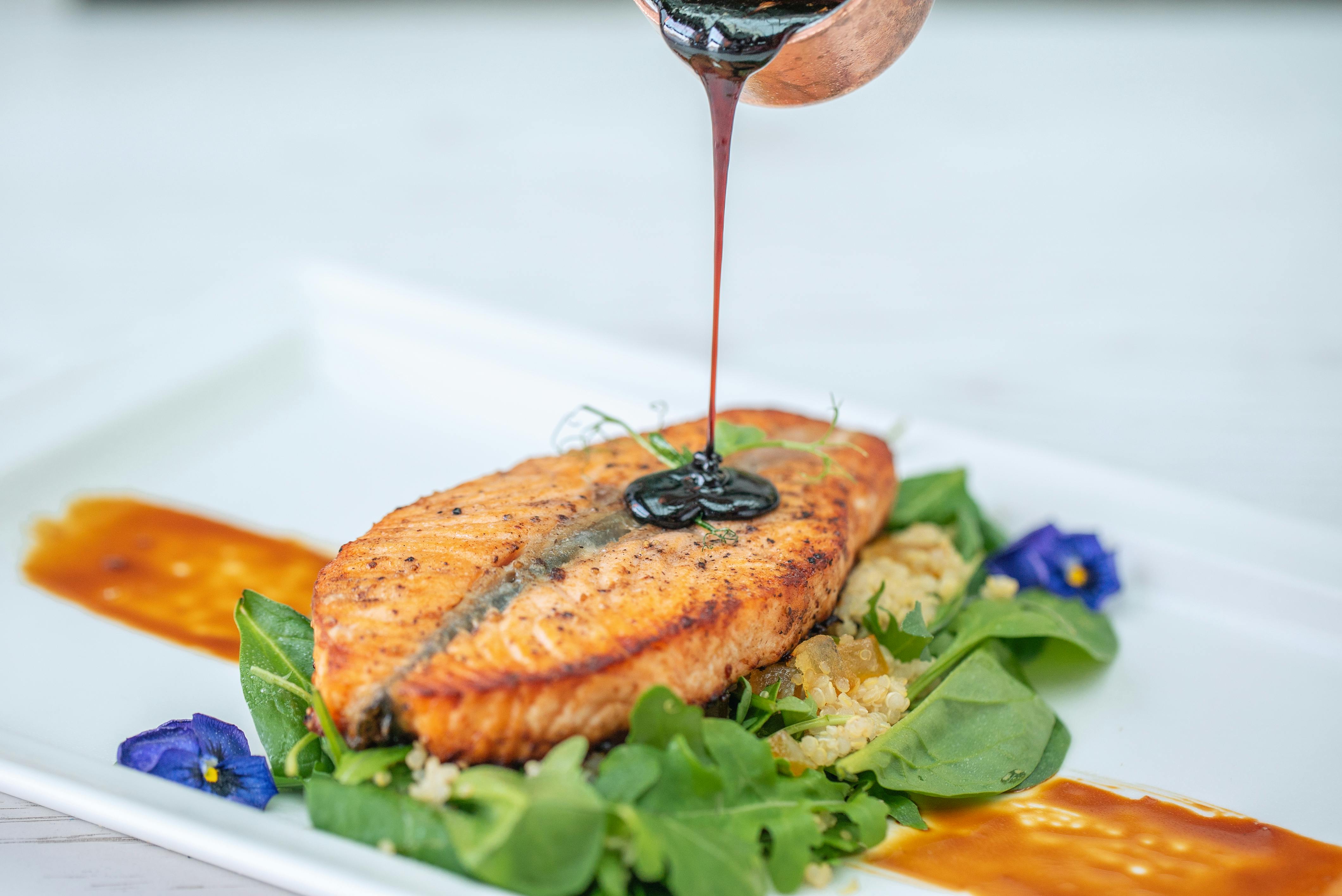What is an anti-inflammatory diet?

An anti-inflammatory diet is a nutritional approach that aims to reduce inflammation in the body. Inflammation is linked to a variety of chronic conditions and diseases, including cardiovascular disease, diabetes, digestive disorders, skin health issues and some cancers.
The goal of this diet is to incorporate foods that can help modulate the inflammatory response, promoting overall health and wellbeing. Here are some key principles and components of an anti-inflammatory diet.
Emphasis on whole foods
The foundation of an anti-inflammatory diet is whole, unprocessed foods. This includes fruits, vegetables, whole grains, lean proteins, nuts and seeds. These foods are rich in antioxidants, vitamins and minerals that support the body's natural anti-inflammatory mechanisms.
Whole grains
Whole grains like brown rice, quinoa, and oats provide fiber and nutrients that contribute to a balanced diet. Fiber has been linked to lower levels of inflammation in the body and is particularly beneficial for improving gut health.
Omega-3 fatty acids
Foods high in omega-3 fatty acids, such as salmon, mackerel, sardines, flaxseeds, chia seeds and walnuts, are a crucial aspect of the anti-inflammatory diet. Omega-3s have anti-inflammatory properties and contribute to a healthy balance of fatty acids in the body.
Instead of saturated and trans fats, (often found in processed and fried foods) which can contribute to inflammation, an anti-inflammatory diet emphasizes healthy fats. Olive oil, avocados and nuts contain monounsaturated fats and polyunsaturated fats, which have anti-inflammatory effects.
Colorful fruits and vegetables
Brightly colored fruits and vegetables are packed with phytonutrients and antioxidants. These compounds help combat oxidative stress and inflammation. Berries, leafy greens, tomatoes, and peppers are excellent choices.
Lean proteins
Opt for lean protein sources such as poultry, fish, legumes, tofu and tempeh. These protein-rich foods can help maintain muscle mass without contributing to inflammatory processes associated with some red meats.